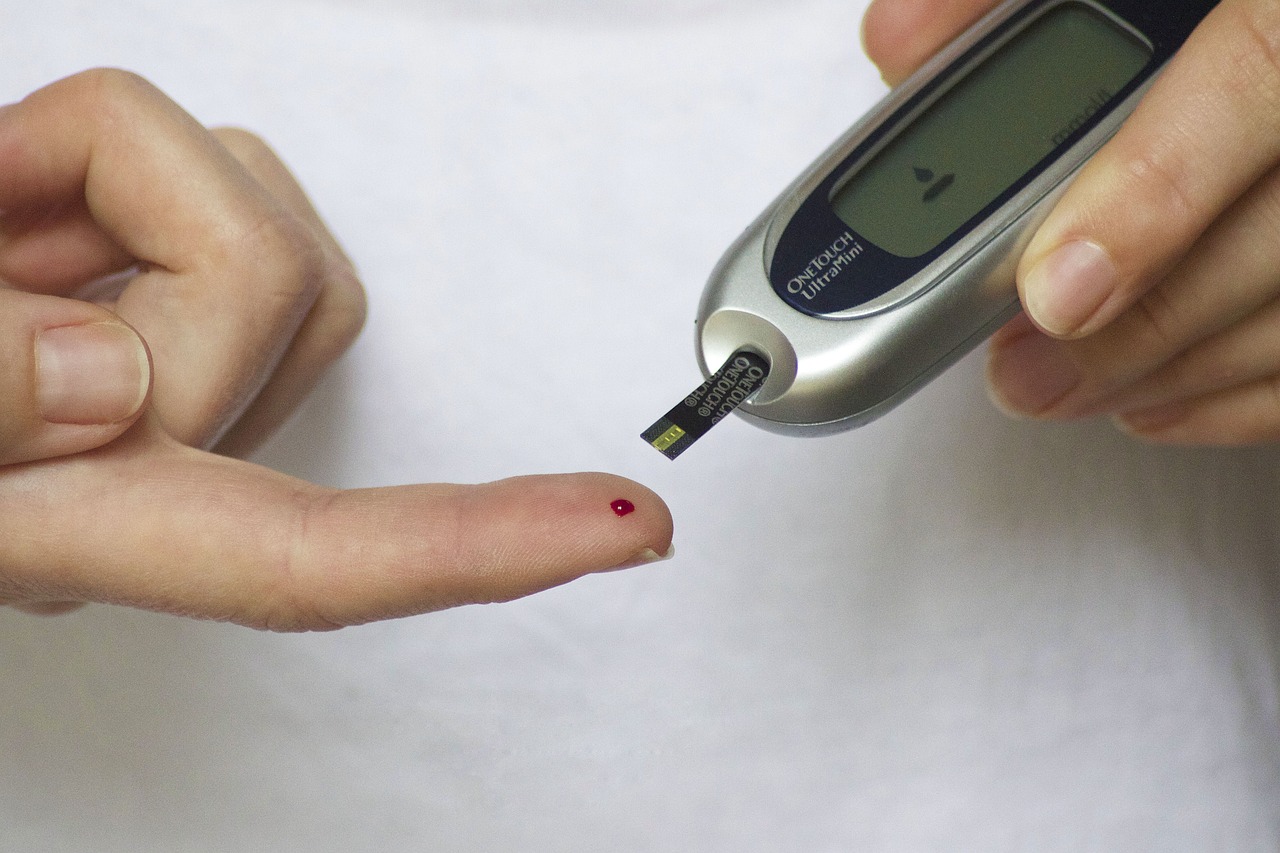Napping, or taking short periods of sleep during the day, is common for many people, while others may not engage in napping.
If you’re a fan of daytime napping, there is some exciting news for you!
A recent study has found a link between napping and brain volume.
Researchers from University College London and the University of the Republic in Uruguay conducted the study. They found that a 30-minute daytime nap may improve brain health. Additionally, it can significantly lower the risk of dementia.
In a study involving nearly 400,000 British individuals aged 40 to 69, researchers discovered that regular daytime naps can slow down brain shrinkage, effectively delaying the aging process by an impressive seven years.
The study also revealed that habitual nappers had an average difference in brain volume compared to non-nappers, equivalent to 2.6 to 6.5 years of aging.
During the study, all participants underwent cognitive tests to assess visual memory and reaction time. Additionally, the researchers analyzed selected participants’ MRI brain scans to identify structural brain changes. To gather information about their napping habits, participants were also asked to self-report their napping patterns.
Dr. Victoria Garfield, from the MRC Unit for Lifelong Health & Ageing at UCL, provided her perspective on the findings, stating, “Our findings suggest that, for some people, short daytime naps may be a part of the puzzle that could help preserve the health of the brain as we get older.”
These findings highlight the potential benefits of incorporating regular daytime naps for maintaining brain health.







